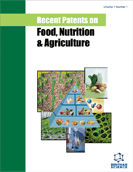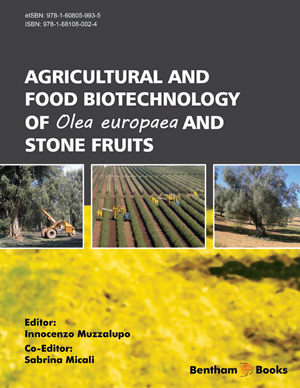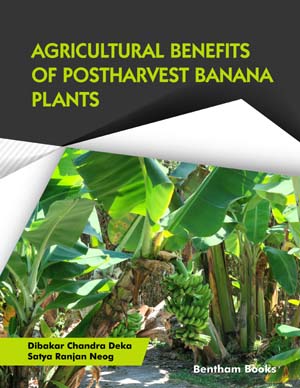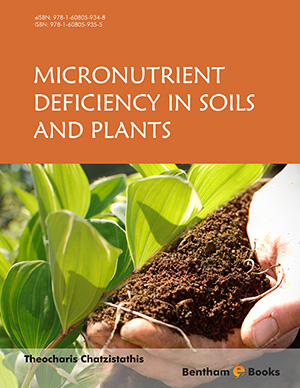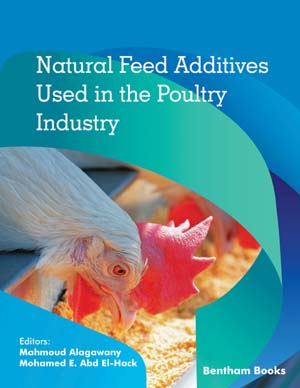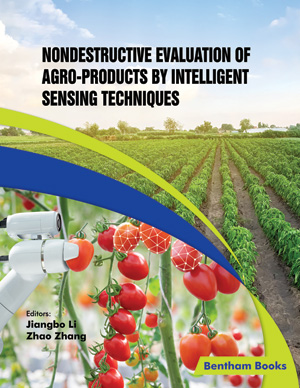Abstract
One fundamental problem in plant breeding is the relationships between selection and target environments. Selection theory shows that response to selection (genetic gains) depends on this relationship because of genotype x environment interactions. Therefore, response to selection can be increased by making the selection environment as similar as possible to the target environment (decentralized breeding). However, this does not yet guarantee farmers’ acceptance of the new variety, which we argue is a more correct way of measuring plant breeding efficiency than variety release as usually done by public breeding programs. Using selection theory, the chapter shows that the probability that a new variety is accepted by farmers, thus impacting their livelihood, increases by selecting in the target environment (decentralized selection) in collaboration with farmers. Decentralized-participatory plant breeding also increases agrobiodiversity and makes plant breeding more cost-effective. The proclaimed efficiency of private breeding program, which can claim a wide farmers’ adoption, is actually driven by a seed market monopoly, which severely limits farmers’ choice of which seed to buy. However, the weak point of decentralized-participatory plant breeding is the unreliability and unpredictability of Institutional participation. Evolutionary-participatory plant breeding may overcome the limitations of participatory plant breeding, because farmers can handle evolutionary populations independently from Institution, yet without excluding them from participating. Because in evolutionary-participatory plant breeding the unit of selection becomes the individual plant rather than a plot, a much higher selection intensity is possible, thus increasing even further the efficiency.
Keywords: Biodiversity, Climate change, Efficiency, Evolutionary plant breeding, Genetic gains, Genomic selection, Genotype x environment interaction, Human health, Participation, Response to selection, Seed.



